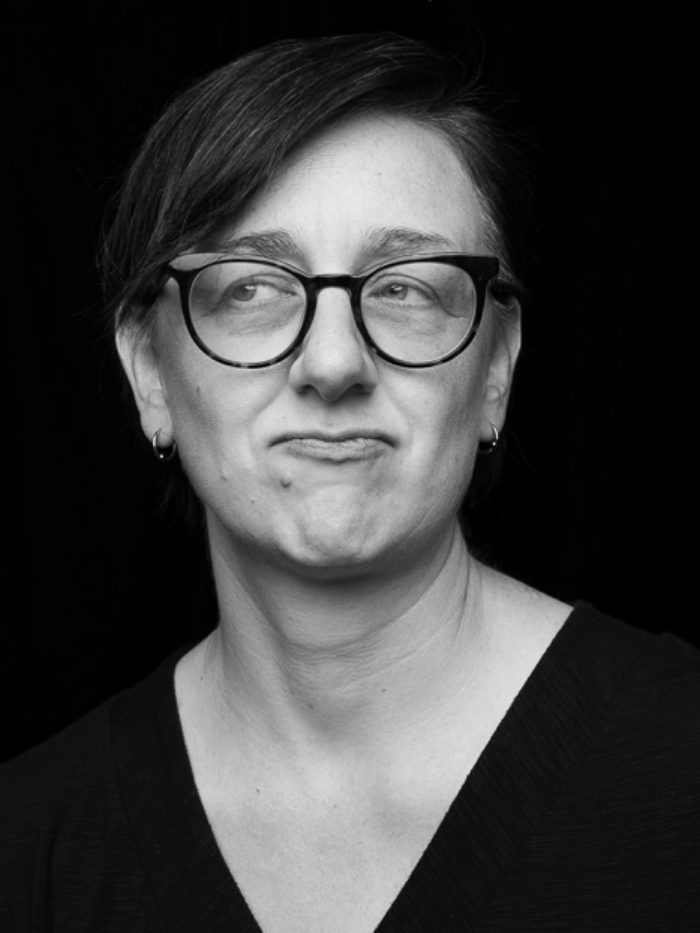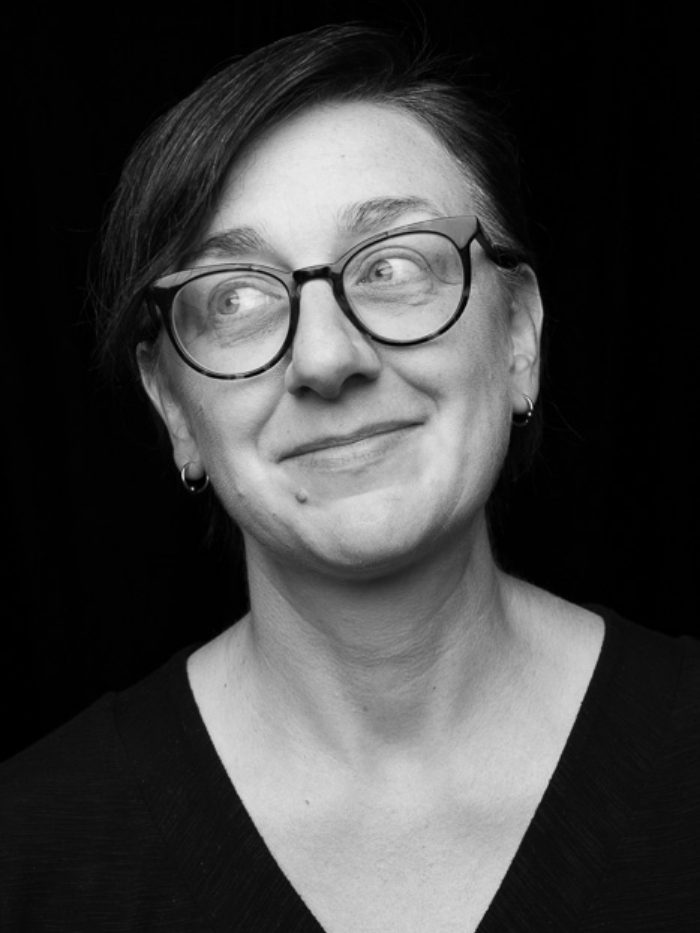Adrian’s take on:
Small words and big audiences
If you can’t explain it in regular words, you don’t understand it. Adrian grew up (for 20 years) in newsrooms, where she says it became clear quickly — and daily — whether she knew what she was writing about. She became a careful listener, both to others’ voices and to her own: the one that asked, “OK, but why?” and “Sure, but then what?”
She also developed a knack for knowing which stories, told in which ways, would connect with audiences. Her secret: Remembering that audiences are made of intelligent, curious and well-meaning people — and talking to them without wasting their time. If that sounds easy, Adrian promises it’s not. But for her, it’s a thrill when it works.
The humble question
Adrian figures a question is almost always worth asking: Sometimes the best information — the surprising backstories, the nuanced perspectives and elegant explanations — comes from those least likely to volunteer it. And good questions can lead to insights that change the course of a conversation — or that turn a campaign concept inside out.
But it can be intimidating to ask questions, Adrian says: “People worry, ‘If I don’t know, why am I even here?’”
Adrian’s advice:
Be honest. Listen well. Be willing to be surprised. And if you’re struggling to understand an idea, try repeating it in your own words. That seems to help.
The smell of a job well done
As a person who spends most days typing, gazing out the window and typing, Adrian relishes a little manual labor once in a while. That’s why laundry is important to her. Adrian finds doing laundry to be immensely satisfying, from gathering up the dirty wads at the start to building the stacks of clean-smelling towels at the end. She says that’s an important reason she decided to have two children, who produce more dirty laundry than she even dreamed.




